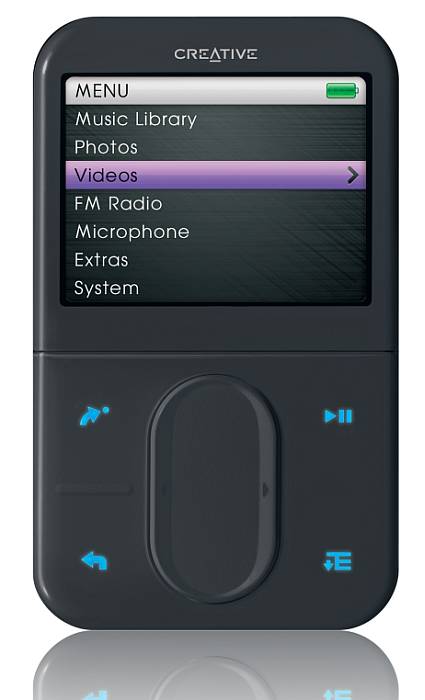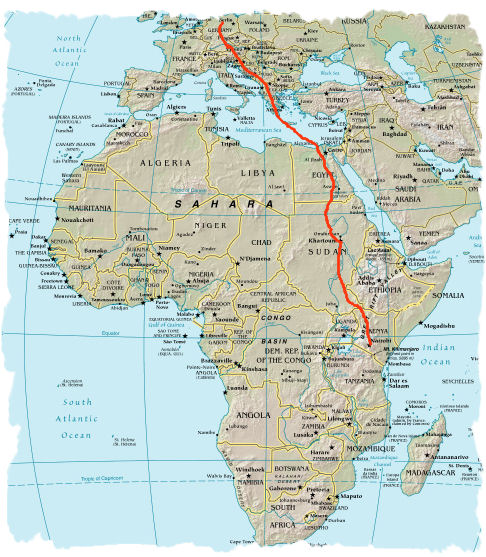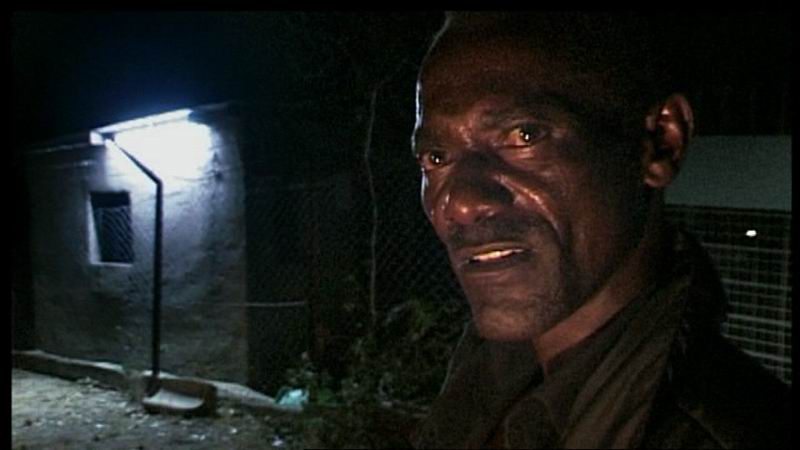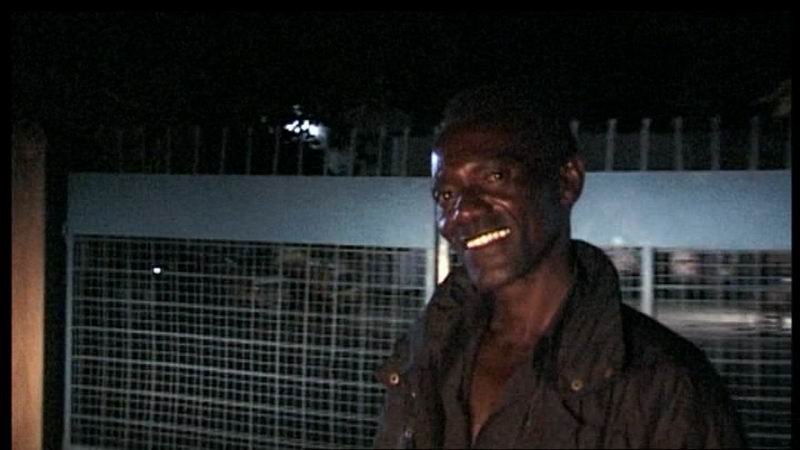Fellow ex-blogger Irena recently forwarded a paper copy of the NEW AFRICAN April ’06 edition to me (thx!!) and while going through their articles, it somehow surprised me that a magazine of such broadness (the last time I bought this zine was in February 2000) still seems to battle, to justify the self-worth of the African continent and their people in the 21st century. A battle for anknowledgement?
That is, the lasting impression is that they are constantly trying to portray this modern picture of the continent – the focus, it seems, is on showing the rest of the world what’s so new on Africa and how diverse it actually is.
Please don’t get me wrong – I like this approach, and I also like to read positive news and being informed on different background stories. The magazine itself is very interesting, and I take it that compiling such a magazine every month isn’t an easy task as its readers world-wide sure are some of the most critical.
On the other hand, though, I am of course tempted to compare this sort of journalism with the local, monthly media – if possible. And this leads me to the assumption that our local (european) journalism is much more foccused on reporting contemporary stories and thus focusses on the story itself – whereas the New African editors try to catch the bigger picture, often trying to combine the present with the past. It’s like introducing readers to a new world, trying to get their understanding for the various microcosms by adding the historical context. It’s like reading le monde diplomatique in the format of TIME magazine.
The reason I am mentioning all this is because I did not intend to write a review on the New African, but instead, I was wondering about the impact this kind of journalism / publishing / writing style has, and the message that tries to be conveyed with such approaches.
Or in other words: the African continent with it’s relatively young countries shaped by the colonial heritage, which still has more relevance to today’s politics compared to the also known history and cultural values found on the continent long before any white (wo)man set a foot on it, has something unique, something very important I think: a burning desire to advance and an undying thirst for knowledge.
Let’s take Germany, for instance, and the various debates going on in this democracy on a national level. Any bugging issues? Think of falling birthrates (resulting in unhealthy pension sheme), the european and global competition next door (= unemployment & frustration) or just excessive taxes. While politicians & others are debating the problem and trying to find possible solutions, only a few people really go back to this point where they ask the fundamental question of how we – as a society – want to live in future and what kind of target we are heading to.
And this is exactly where I would like to make the connection to this New African magazine: what we need over here in Europe is another type of journalism, something that just not reports facts, but instead shows us how all these little problems, microsms and societies mix up and deliver the bigger picture. There are (of course) a few such new styled magazines (~Brandeins) that try to catch the atmosphere, but I would like to see this kind of spirit swap over from the paper form into the heads of my people. Something that gives them an understanding for the global context and how new developments are to be seen with respect for the past.
The New African does exactly that in its April edition by publishing excerpts of Ayi Kwei Armah‘s new boook titled “The Eloquence of the Scribes”. Taking us back into history to get an understanding for where we are heading to in future – conscious and unconscious.






